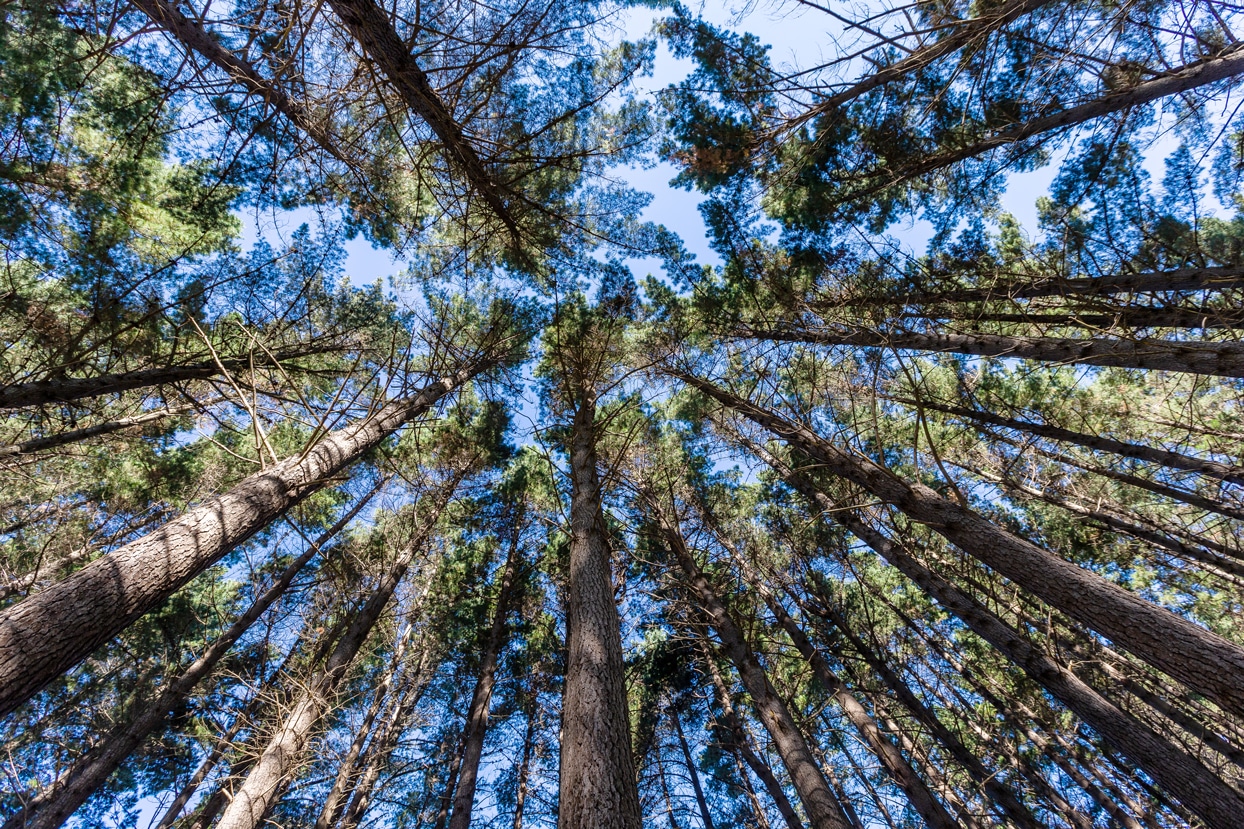New Zealand Honey Producer, Integrated Production Systems
About
In October 2019, ANZFF acquired a property in the Wairarapa region of New Zealand’s North Island. New Forests purchased the property from a mānuka honey producer and as part of the transaction entered into a long-term apiary agreement to enable continued honey production on the land. Manuka honey which is highly regarded for its anti-bacterial properties is produced from the manuka tree, native to New Zealand.
Key Initiative
The property contains a mix of manuka vegetation, ideal for honey production, and areas of hilly grazing country, on which New Forests has established a new Pinus radiata plantation. Not only does the apiary agreement enable the former owner to continue to access the land for honey production, but it also ensures the manuka vegetation remains utilised. Honey is a non-timber forest product (NTFP) and, in the case of New Zealand manuka honey, represents a high-value product that relies on indigenous vegetation. It also provides mutual commercial benefit, as ANZFF3 shares in the revenue from the honey.
Impact
The combined production of timber and honey is an example of how integrated production systems can produce a range of benefits. These include producing wood fibre from new plantations, sequestering carbon from a growing forest estate, producing food from non-timber forest product, sustaining native plants and biodiversity, supporting local jobs, and enhancing the overall utility of the land.



